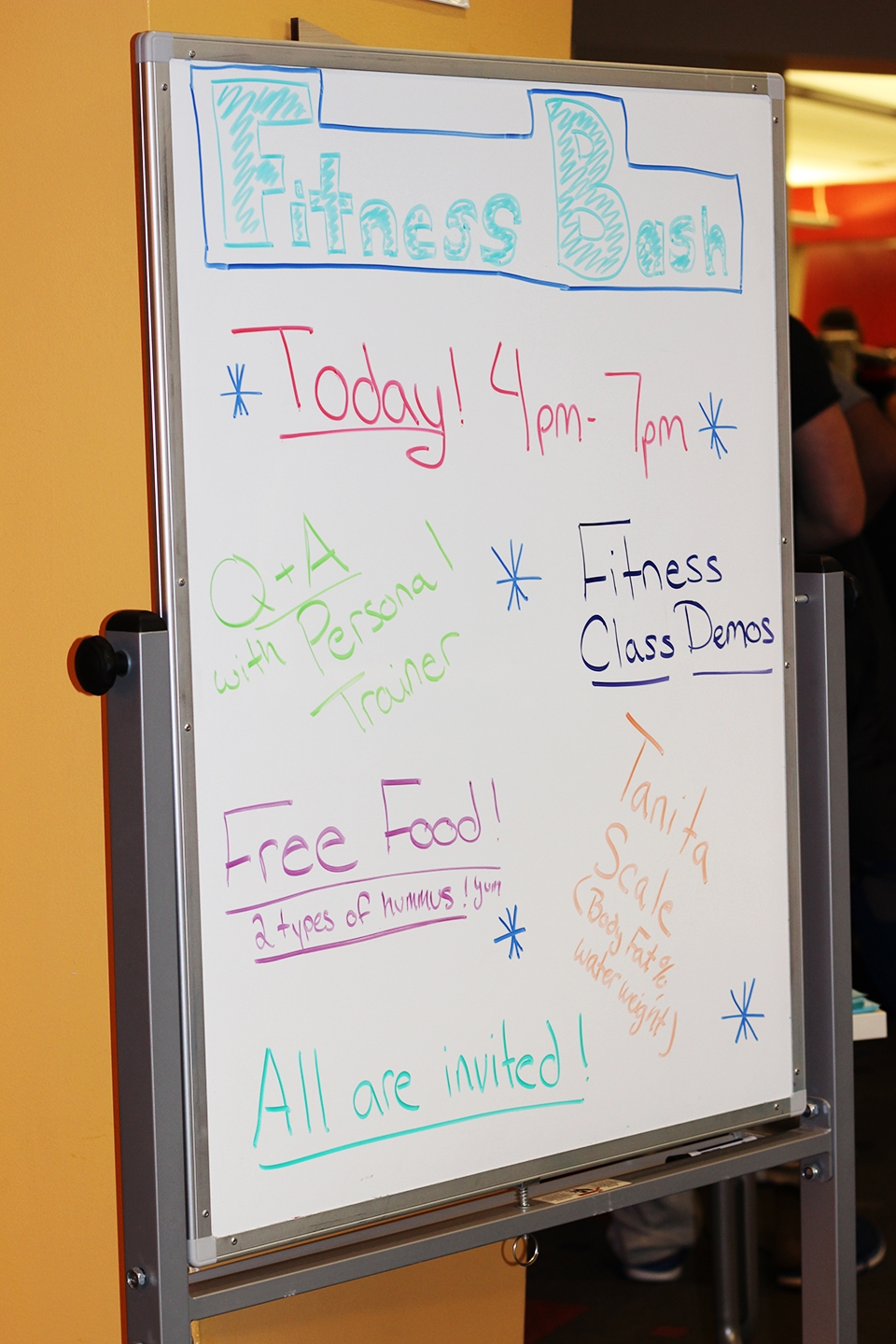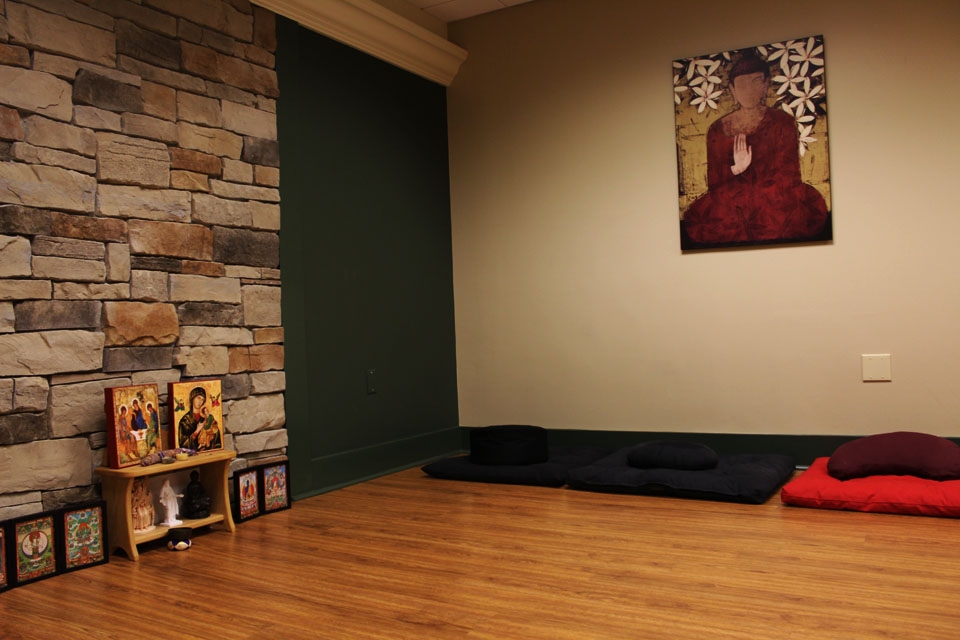
By Duke Staff
10/19/2017
In the wake of the numerous sexual accusations against film producer Harvey Weinstein, the #MeToo campaign — a social media movement led by women and men revealing their own experiences with sexual harassment and assault — emerged, leading to an abundance of people on several social media platforms coming forward.
Several notable figures have made posts regarding their experiences, including actress Alyssa Milano, who said on Twitter, “Suggested by a friend: If all the women who have been sexually harassed or assaulted wrote ‘Me too’ as a status, we might give people a sense of the magnitude of the problem.”
The movement has successfully brought awareness. Many people were surprised at how many times the hashtag appeared on their timelines.
Such deplorable crimes aren’t limited to Hollywood, either, as Duquesne’s own campus has witnessed several sexual violence crimes recently.
While people of all gender identities can be sexually harassed or assaulted — even 240-pound former NFL player and actor Terry Crews came forward and shared his own experience of being unwelcomedly groped by a Hollywood executive once — not everyone may be comfortable with sharing their own stories.
Natalia Rudiak, Pittsburgh’s congresswoman who is also a sexual assault victim, said, “This matter is private. It’s embarrassing. It can feel shameful and that’s why we don’t talk about it in society.”
The pressure for victims to speak out, as well as the stigma that can often accompany their statement, if they ever do choose to share it, can be highly discouraging for someone who may feel isolated enough already.
While the #MeToo campaign can be encouraging for those who are not ready to share their story, it should not cause undue pressure. If it is safe to do so and someone is ready to share their experience, be there for them. Help support them. No one should ever feel pressured to talk about their traumatic experience. If someone is ever brave enough to come to you about what has happened to them, just be there, and if needed, refer them to any of the on-campus resources we have, including any faculty member, Health Services or the Counseling Center. This does not have to be something they go through alone.
Hopefully the #MeToo campaign and the attention that has recently been brought to sexual assault will spark change in industries where it is prevalent, and positive action will be taken to prevent future assaults.




